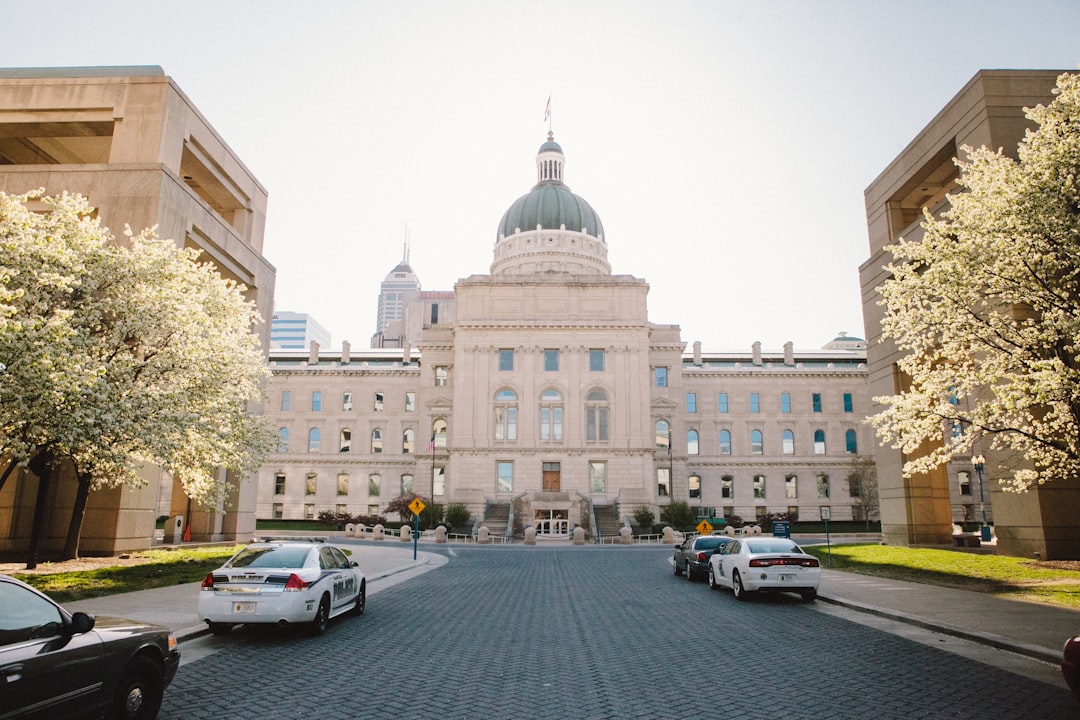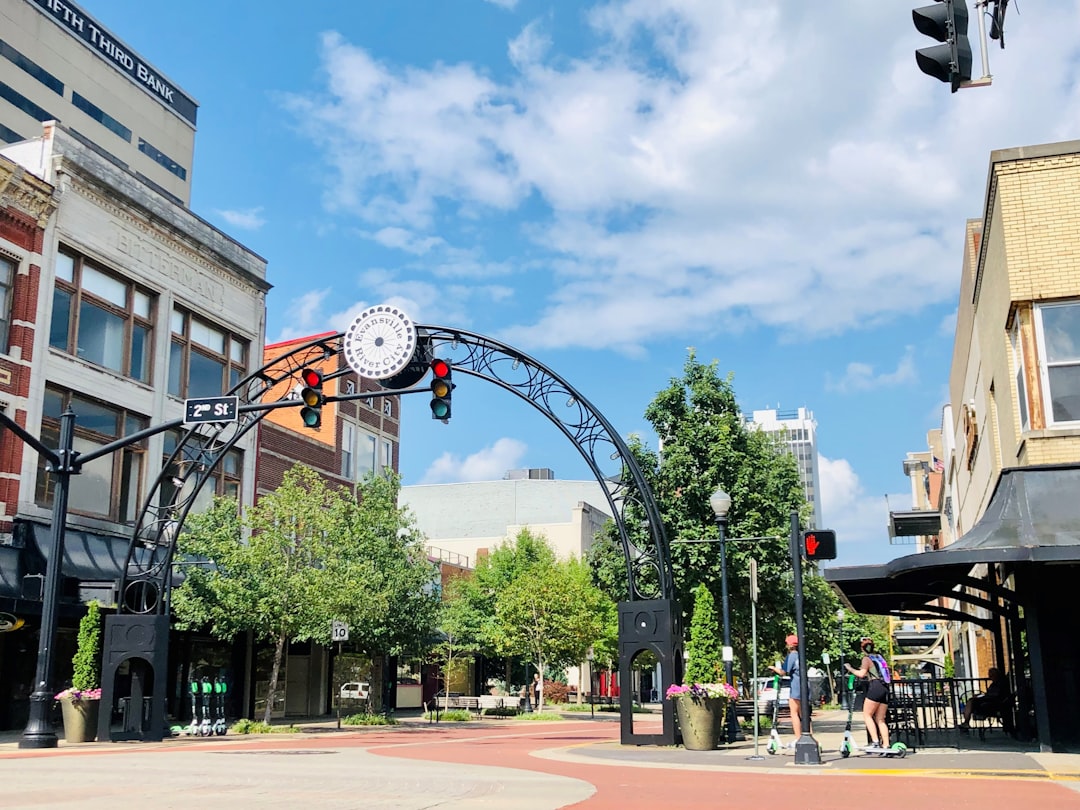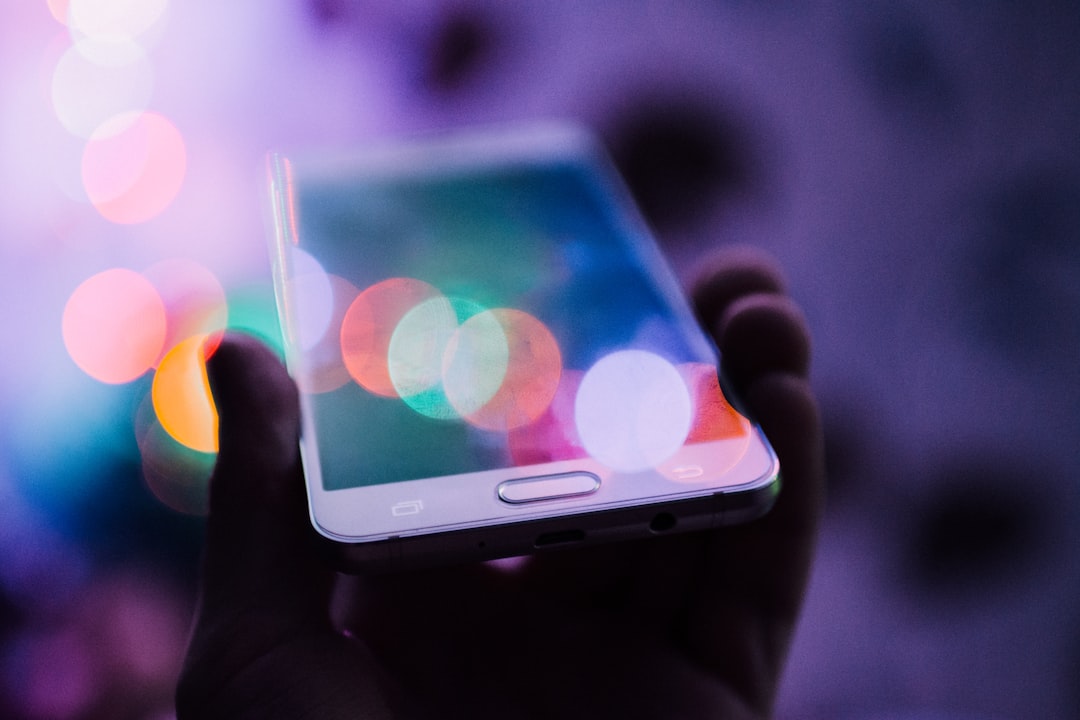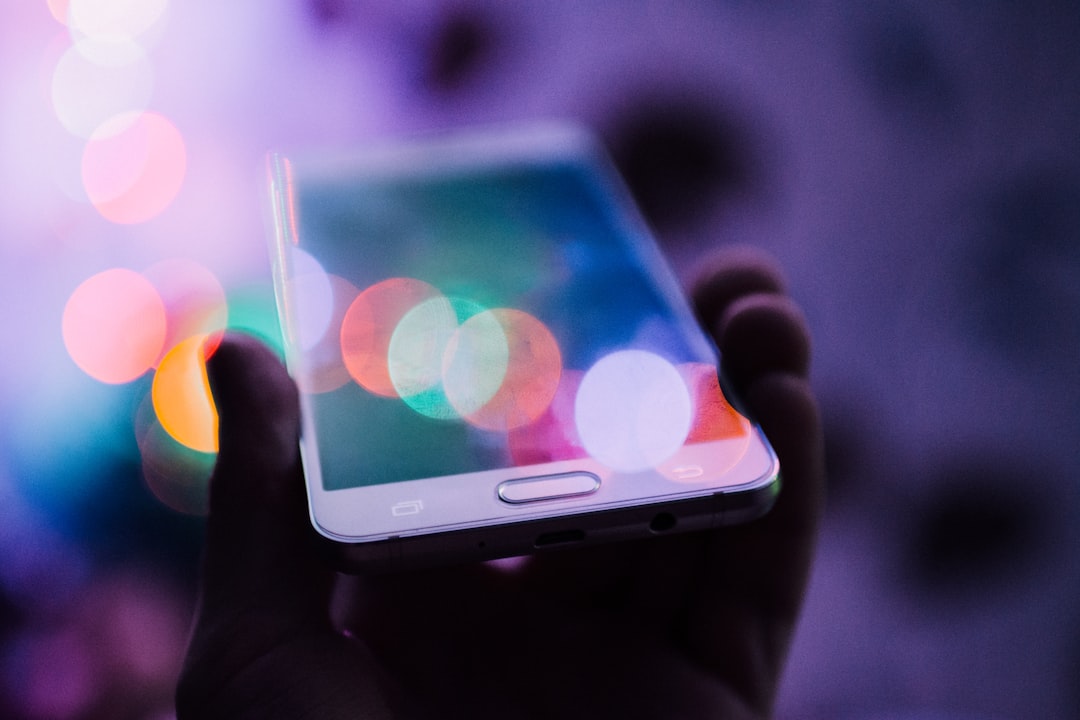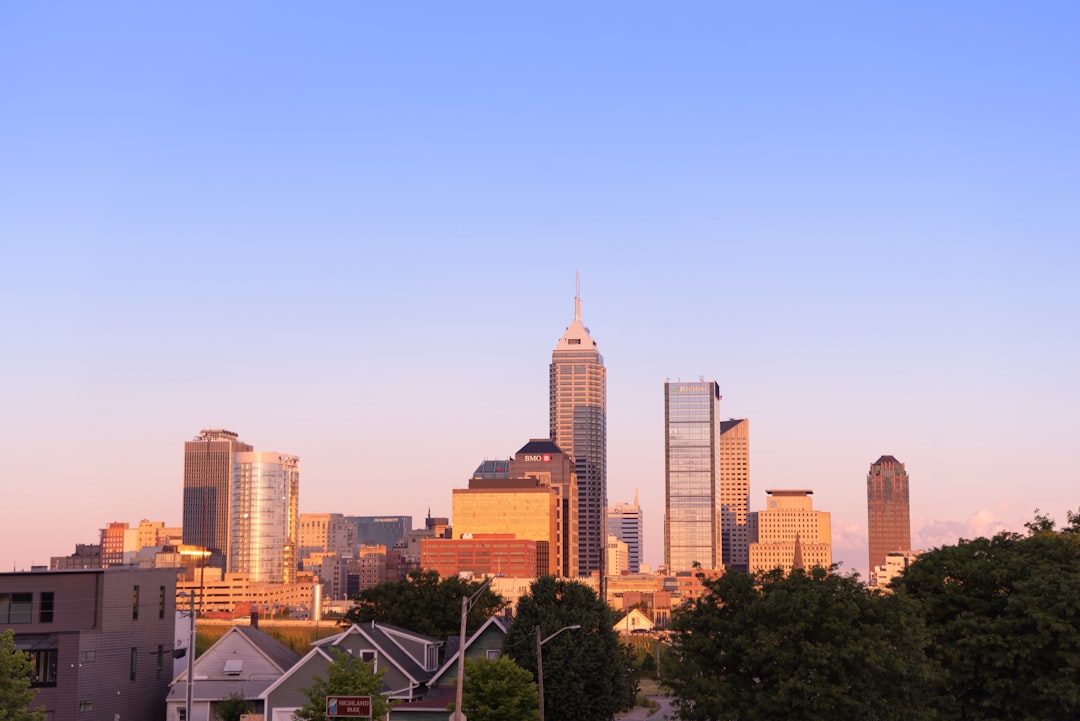Do Not Call Laws: Customer Retention Strategies for Indiana Businesses

In Peru, Indiana, businesses must adhere to complex Do Not Call laws to protect consumers and maintain customer loyalty. Consulting a lawyer specializing in Do Not Call Indiana regulations is crucial for understanding permissible calls, protected individuals, and fostering trust. Ignoring these laws…….

